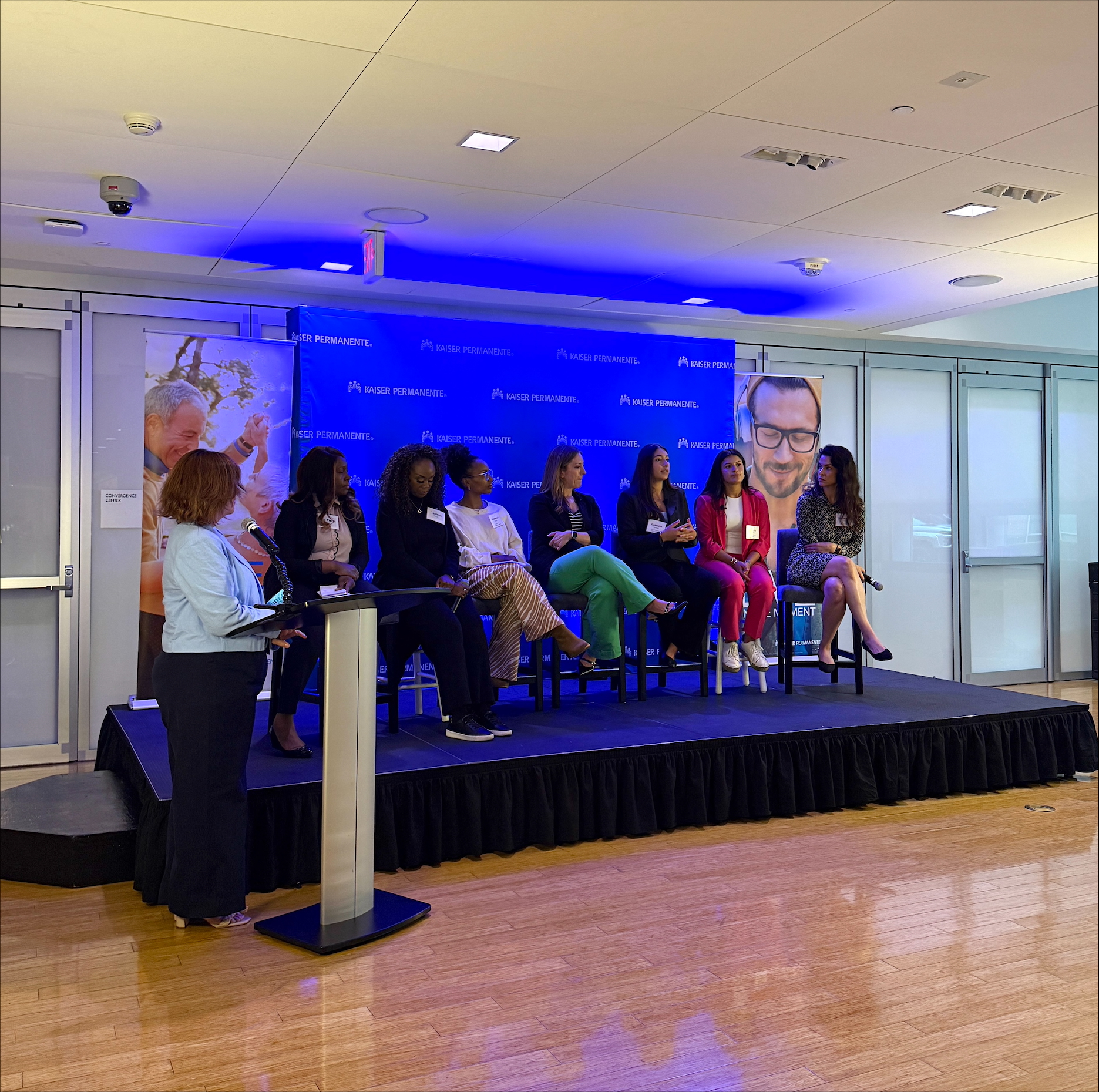 For years, students at Hollywood High School held their graduation ceremonies at the Hollywood Bowl, an amphitheater a half-mile up the street from their school, large enough to hold the class of graduating seniors and their families.
For years, students at Hollywood High School held their graduation ceremonies at the Hollywood Bowl, an amphitheater a half-mile up the street from their school, large enough to hold the class of graduating seniors and their families.
Students and staff sold candy bars throughout the year to raise the necessary funds to rent the space. It was a time-honored tradition.
Hawking a few candy bars to help raise money for cash-strapped schools seems harmless enough. But when the student body is caught in the midst of a nationwide obesity epidemic; when school funding for physical education classes and healthy meal options is consistently challenged; and when the message you’re trying to impart on young people is to eat well and take better care of their health, perhaps selling candy bars sends a bit of a … mixed message.
“When I became principal of the school, I told everyone that they would have to come up with another means of raising funds for graduation,” says Hollywood High principal, Alejandra Sanchez. “Making that decision did not make me very popular amongst the students and staff here. But I believe we need to model the kinds of behavior we’re trying to encourage in our young people. If that means promoting healthier eating, then we have to model that in everything that we do.”
Improvements in school health can create lasting change
Sanchez is not alone in the dilemma she faces. She is among a growing number of school leaders, wellness advocates and policy experts seeking to create a culture of health in schools.
The nation’s schools are where a large number of students, staff and teachers spend a majority of their daily lives. Schools are an important part of the solution to combating obesity and the many associated chronic diseases. They are a starting point for change. They are places where generations of young people learn life habits that they will retain throughout adulthood. Schools also offer some of the greatest opportunities to impact our nation’s health.
And the American public agrees. In June, Kaiser Permanente released results from a survey conducted by Field Research Corp. that revealed how seriously the public views obesity in children and teens.
The survey showed that many Americans want to see K-12 schools take a leading role in addressing obesity in their communities. Nearly 78 percent of parents believe that healthier food in schools increases academic performance. A similar percentage says that regular physical activity during the school day will also boost school achievement.
Such opinions are backed up by an increasing body of research and evidence that point to schools as a key focal point for obesity prevention efforts. The Institute of Medicine has called upon the country’s leaders to help strengthen schools as “the heart of health.” And Kaiser Permanente’s own findings reveal that obesity prevention in and around schools are proving to be an effective way of improving the overall health of the community.
Growing evidence shows that students perform better in school as a result of increased physical activity and better nutrition. And young people carry many of the behaviors they learn during the school day with them into adulthood.
Making a commitment to healthy schools
 The launch of Thriving Schools earlier this year underscores Kaiser Permanente’s commitment to bringing its many organizational resources and partnerships with leading school and health organizations together to make a significant impact on the health of schools.
The launch of Thriving Schools earlier this year underscores Kaiser Permanente’s commitment to bringing its many organizational resources and partnerships with leading school and health organizations together to make a significant impact on the health of schools.
The purpose of Thriving Schools is to share what is working, through success stories, best practices and online resources, such as Fire Up Your Feet, which encourage schools to embed more physical activity into the school day. It’s about engaging school teachers and staff as champions of their own health so that they can better support healthy school environments. It’s about bringing together Kaiser Permanente assets such as workforce wellness programs, the clinical expertise of physicians and nurses, and the voice and volunteerism of the organization’s employees and labor unions to be involved in the future of schools.
“Thriving Schools is about bringing everything to the table and utilizing all of our strengths and resources, and those of our many partners, so that we can find real solutions for the health of our nation’s schools,” explains Peggy Agron, national director for Kaiser Permanente’s Thriving Schools. “These are critical times for the health of our country and we are committed to making a difference.”
The ‘Weight of the Nation’ weighs heavy
These are critical times indeed. As the recent HBO documentary series The Weight of the Nation™ highlighted, obesity and obesity-related chronic disease have ballooned to epidemic levels in the United States.
Solutions to the epidemic are complex, requiring everything from improving foods available at meal times, to changing how foods are marketed to young people, to increasing physical-activity programs in schools and the workplace.
Kaiser Permanente chose to participate in the creation of The Weight of the Nation™ and more recently The Weight of the Nation for Kids series, developed in partnership between HBO Documentary Films, the Institute of Medicine, Centers for Disease Control and Prevention, National Institutes of Health and the Michael & Susan Dell Foundation, because the organization saw the need to increase awareness of and conversation about the obesity epidemic.
The release of The Weight of the Nation for Kids in May 2013 is particularly timely, given the launch of Thriving Schools and the ability of these films to speak directly to young people through the voices of other young people who have sought to make a difference in the health of their community.
While recent signs of progress are encouraging, it’s clear that concentrated, consistent and thoughtful efforts to create healthier environments at schools and workplaces across the country are helping to bend the trend. And all of us — through our decisions about our health and the health of our families and the ways we choose to engage in building healthy schools and workplaces — have an influence on the future of health in our country.
Kaiser Permanente believes that the more that we can do to make the healthy choice the easy choice in our schools and communities, the greater are everyone’s chances of living healthy, happy, productive lives.




